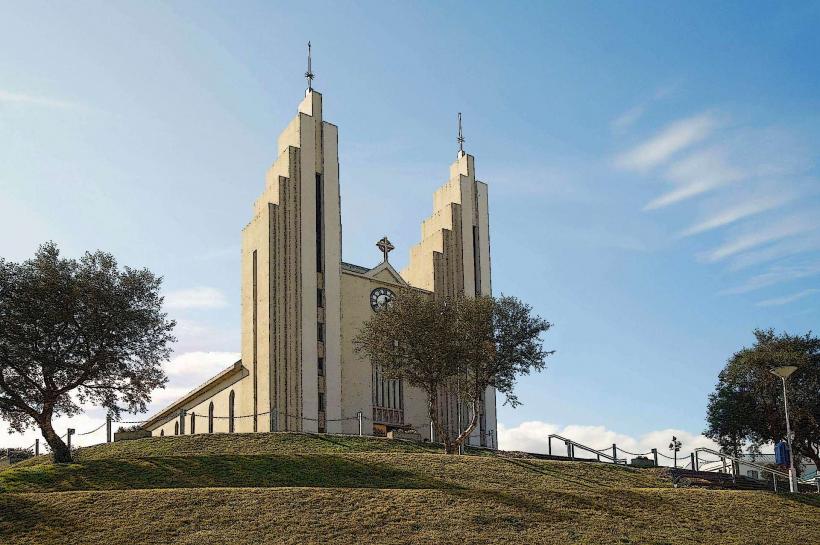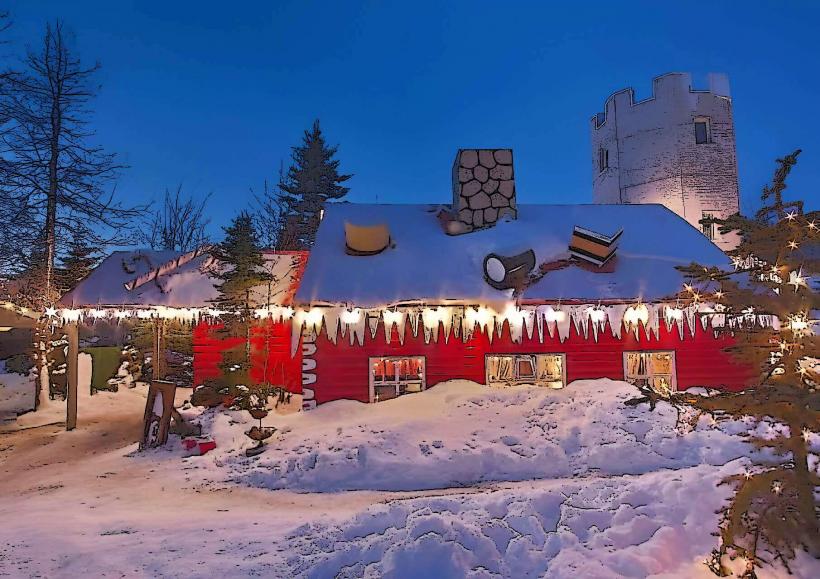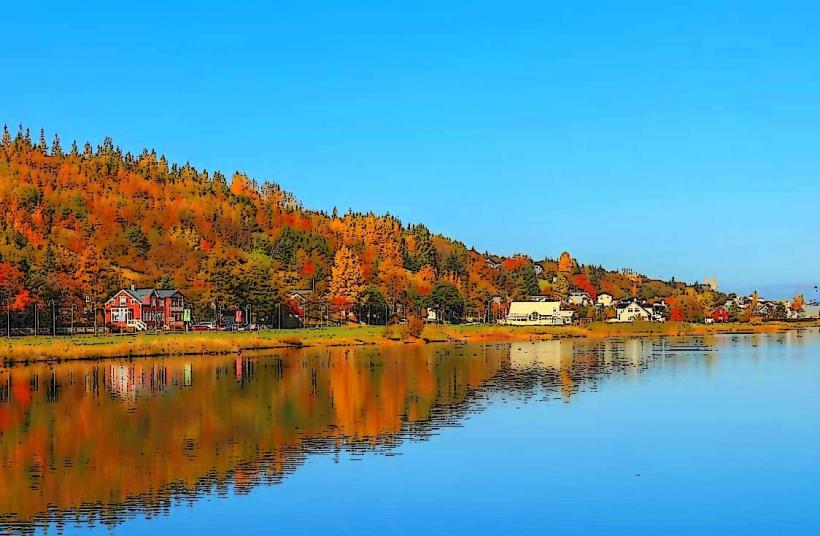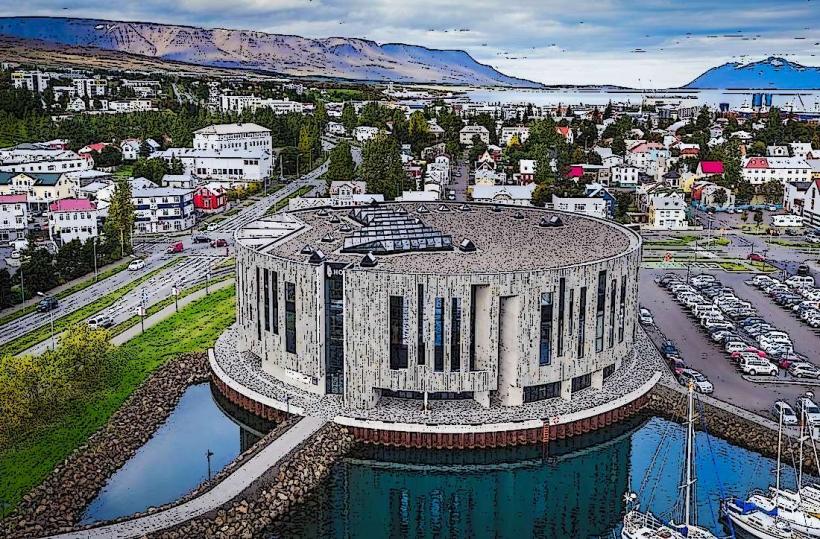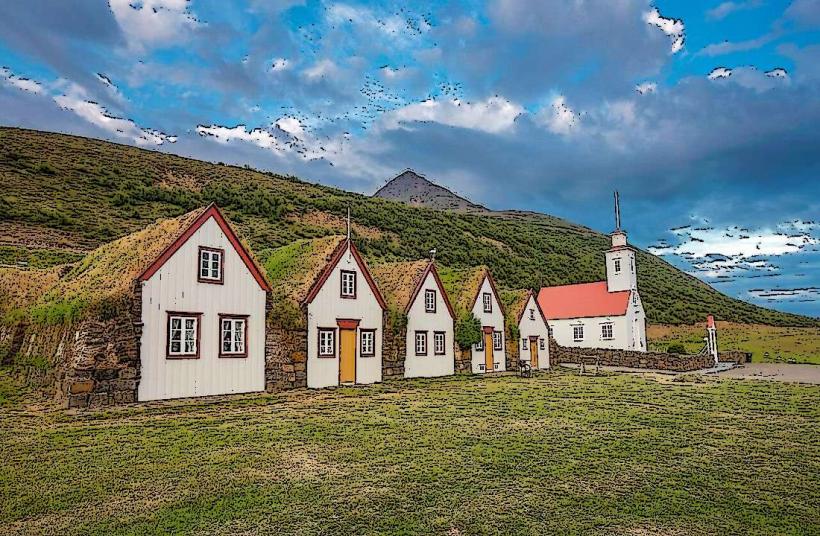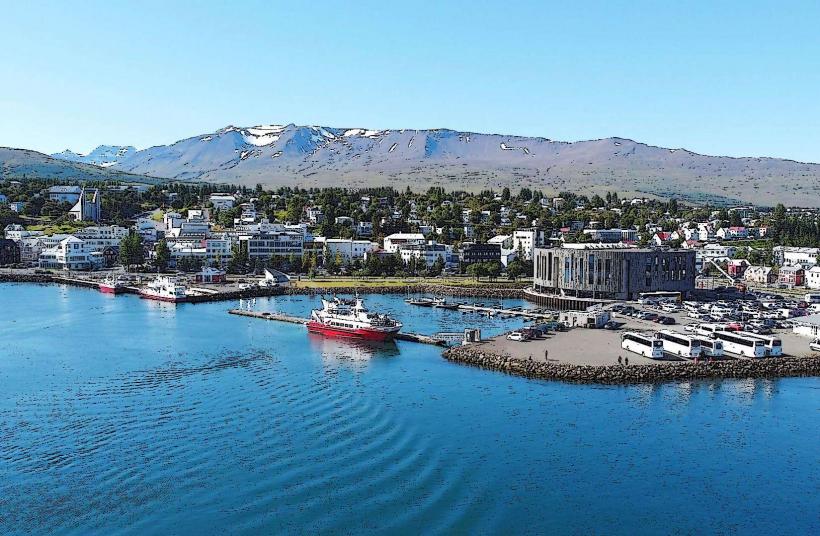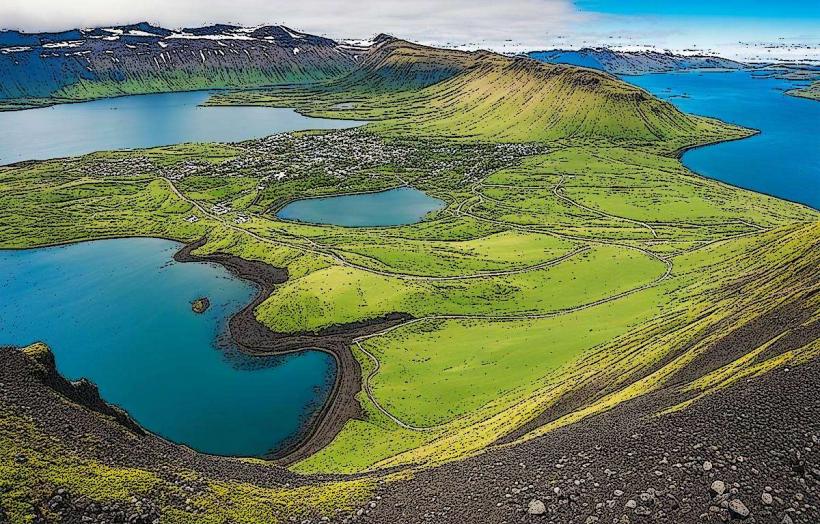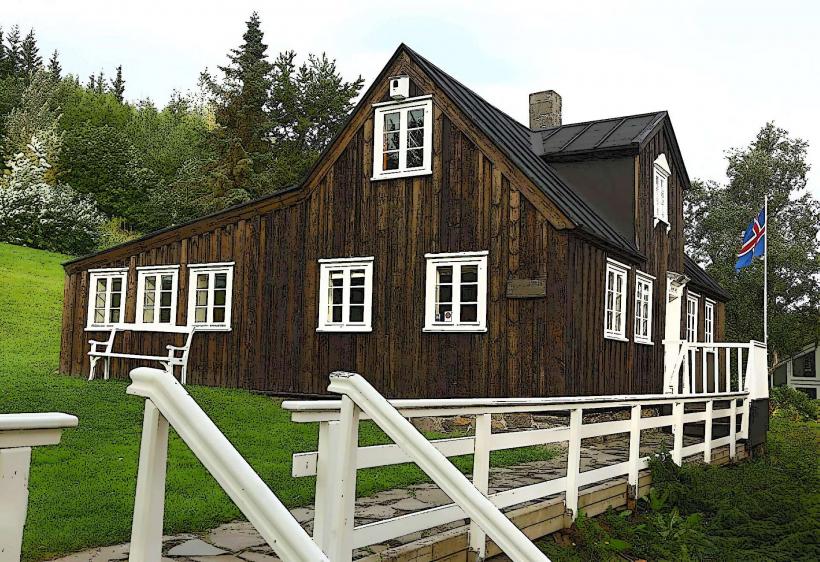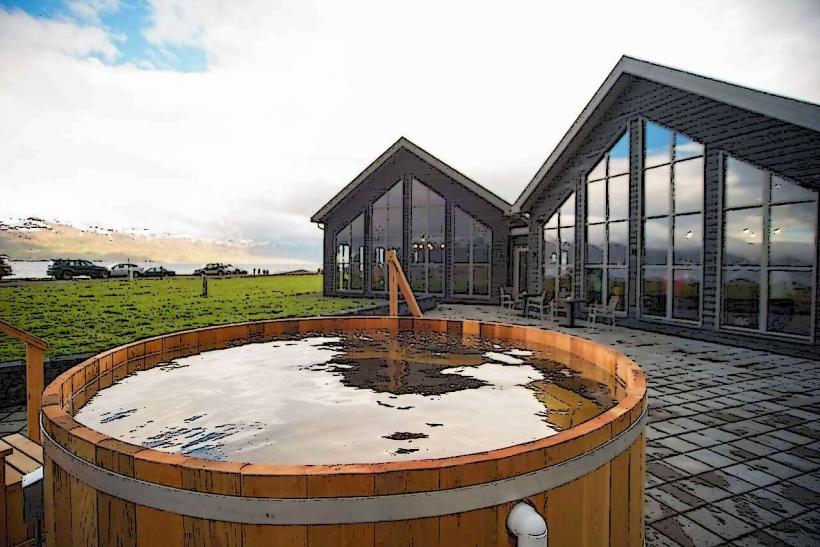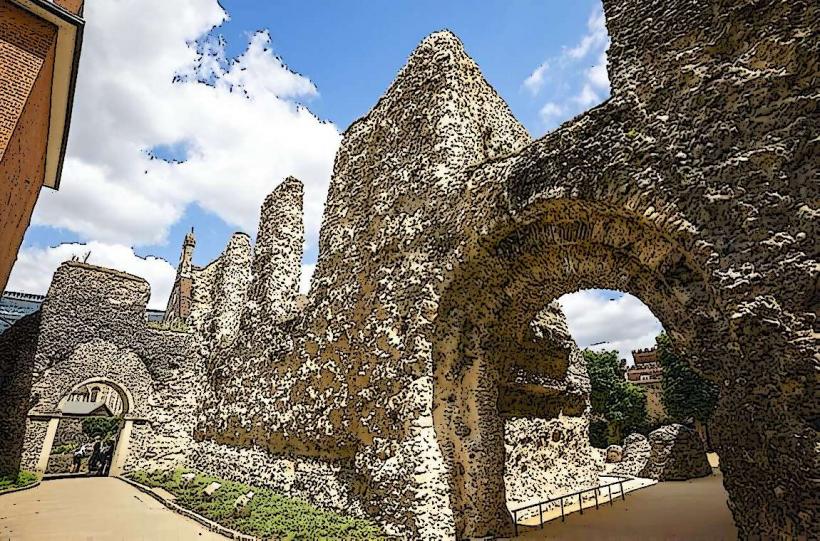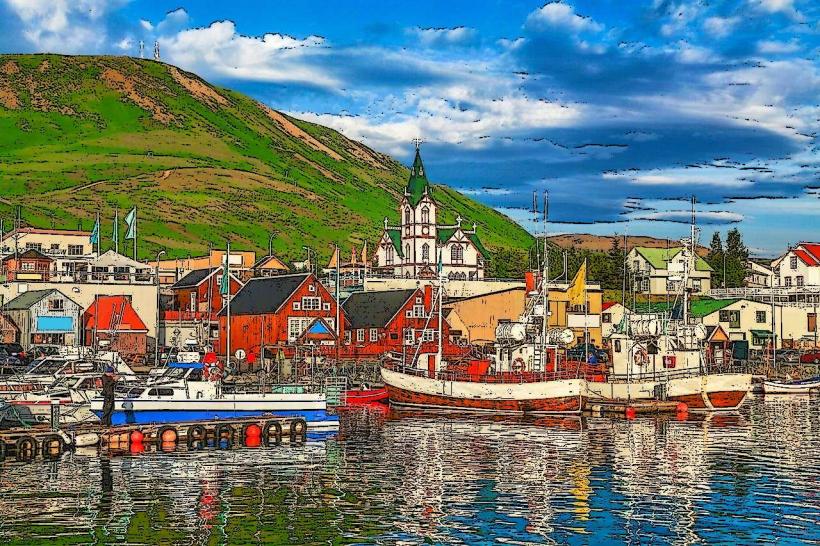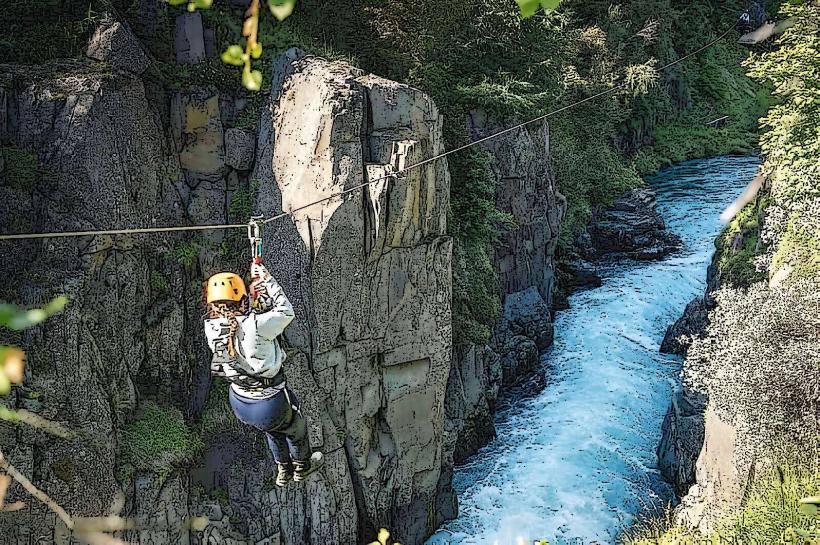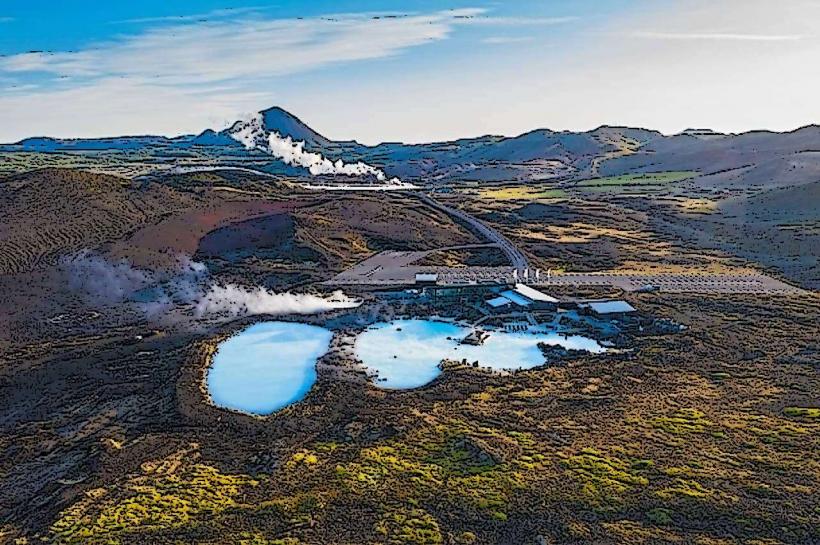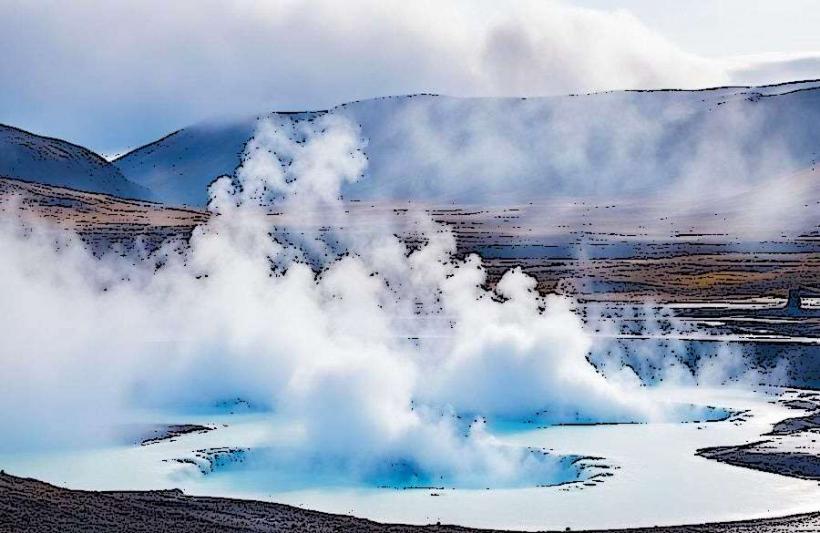Information
Landmark: Lake Mývatn Bird Watching AreaCity: Akureyri
Country: Iceland
Continent: Europe
Lake Mývatn Bird Watching Area, Akureyri, Iceland, Europe
Visual Characteristics
The lake features a shallow, nutrient-rich water body with numerous small islands and pseudocraters. Water color varies from clear to greenish-brown depending on algal blooms. The surrounding landscape includes lava fields, volcanic craters, and wetlands, supporting diverse vegetation like sedges, mosses, and dwarf birch.
Location & Access Logistics
Lake Mývatn is accessible via Route 1 (Ring Road). From Akureyri, drive east on Route 1 for approximately 90 kilometers. The main bird watching areas are distributed around the lake, with specific viewing platforms and trails. Parking is available at designated pull-offs and visitor centers, typically unpaved gravel lots. Public transport options are limited; a few bus services connect Akureyri to Reykjahlíð, the main village on the lake's eastern shore, but personal vehicle access is recommended for comprehensive exploration.
Historical & Ecological Origin
Lake Mývatn is a eutrophic lake formed approximately 2,300 years ago by a large basaltic lava eruption. Its unique ecosystem is characterized by abundant midge larvae (Chironomidae), which serve as a primary food source for a high density of breeding waterfowl. The area is classified as a Ramsar site, recognizing its international importance as a wetland habitat for birds.
Key Highlights & Activities
Bird watching is the primary activity, with specific species like Barrow's Goldeneye, Harlequin Duck, and various scaup and diver species present. Designated bird hides and viewing platforms are situated around the lake, particularly near Skútustaðagígar and the River Laxá outflow. Walking trails are maintained for access to key observation points.
Infrastructure & Amenities
Restrooms are available at the Mývatn Nature Baths and the Mývatn Visitor Centre in Reykjahlíð. Limited shade is provided by small structures at some viewing points, but the area is largely exposed. Cell phone signal (4G/5G) is generally reliable around the main settlements and along Route 1. Food vendors and restaurants are concentrated in Reykjahlíð.
Best Time to Visit
The best time for bird watching is from late May to early July, coinciding with the breeding season. Early morning or late afternoon offers optimal light for photography and increased bird activity. No specific tide requirements apply to the lake.
Facts & Legends
Local folklore suggests that the Mývatn Monster, a large worm-like creature, inhabits the lake's depths. A verified historical oddity is the unique adaptation of the Barrow's Goldeneye, which nests in tree cavities, a rare behavior for ducks in Iceland. A specific tip for visitors is to bring insect repellent, especially during summer, due to the abundant midge populations from which the lake derives its name ("mý" means midge).
Nearby Landmarks
- Dimmuborgir (Dark Castles): 2.5km South.
- Grjótagjá Cave: 3km East.
- Hverfjall Crater: 4km East.
- Skútustaðagígar Pseudocraters: 1km Southwest.
- Mývatn Nature Baths: 5km East.

